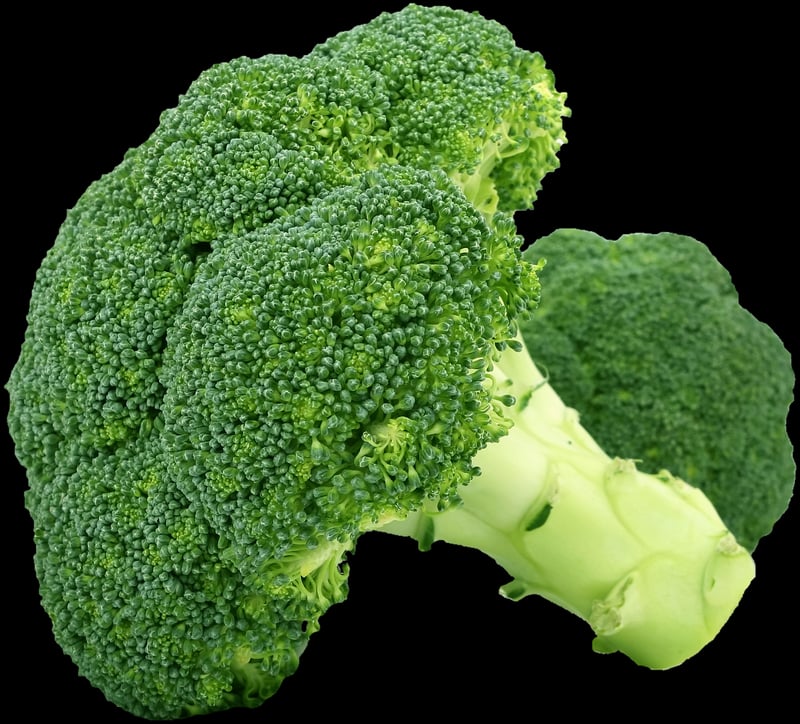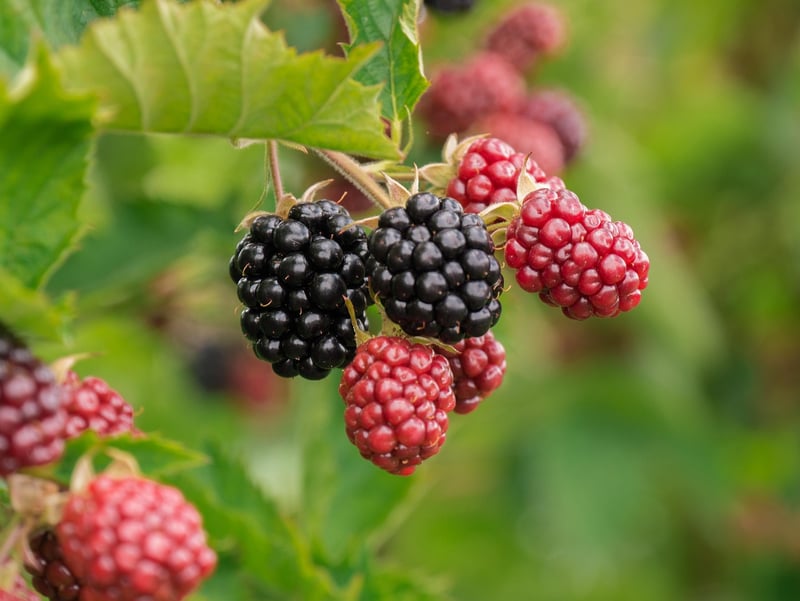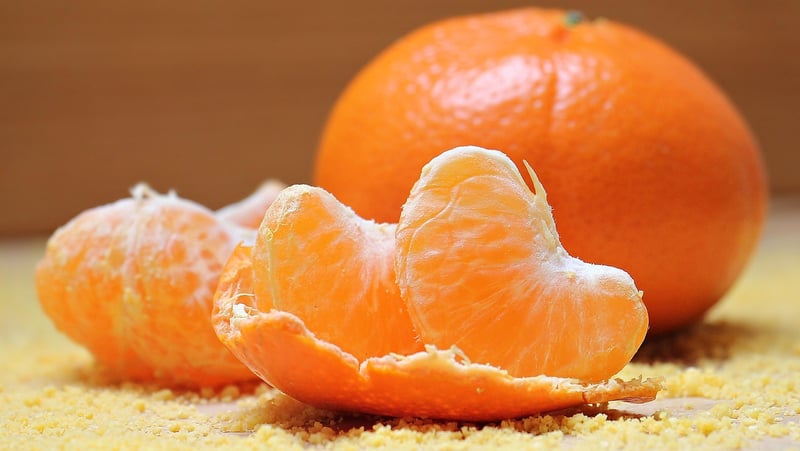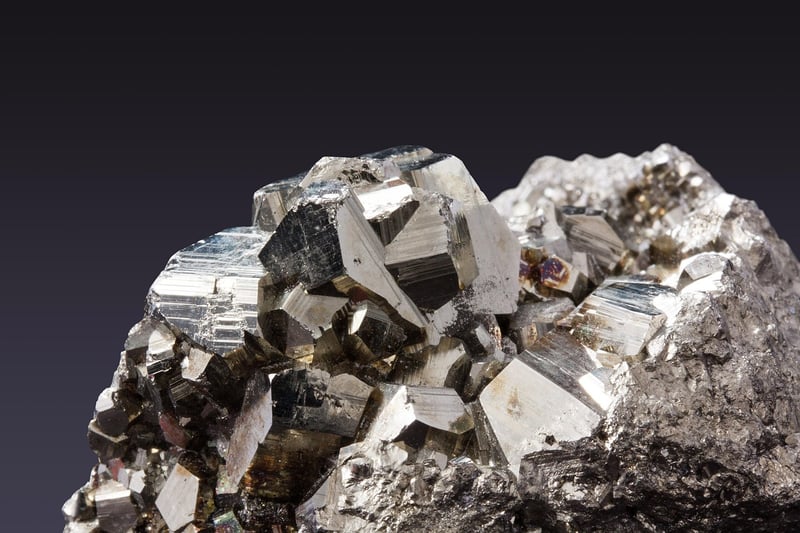Vitamins and minerals
Tips for a Healthy Diet and Essential Vitamins and Minerals
Introduction:
Eating a well-balanced diet is essential for overall health and well-being. In addition to providing the necessary energy for daily activities, a healthy diet can also help prevent chronic diseases and support a strong immune system. Here are some tips for maintaining a healthy diet along with information on essential vitamins and minerals that are crucial for your body's functions.
Tips for a Healthy Diet:
- Include a variety of fruits and vegetables in your meals to ensure you get a wide range of vitamins and minerals.
- Choose whole grains over refined grains for higher fiber content and better nutrient profiles.
- Opt for lean proteins such as poultry, fish, beans, and nuts to support muscle growth and repair.
- Limit saturated fats and trans fats by choosing healthy fats like olive oil, avocado, and nuts.
- Reduce added sugars in your diet by avoiding sugary beverages and opting for whole fruits for sweetness.
- Stay hydrated by drinking an adequate amount of water throughout the day.
- Avoid processed foods and prioritize home-cooked meals made from fresh ingredients.
Essential Vitamins and Minerals:
While a balanced diet can provide most of the essential nutrients, some vitamins and minerals may require additional attention:
Vitamin D:
Vitamin D is crucial for bone health, immune function, and overall well-being. Sources include sunlight, fatty fish, and fortified dairy products.
Iron:
Iron is essential for transporting oxygen in the blood. Good sources include red meat, poultry, beans, and fortified cereals.
Calcium:
Calcium is vital for bone health and muscle function. Dairy products, leafy greens, and fortified foods are excellent sources of calcium.
Vitamin C:
Vitamin C is an antioxidant that supports the immune system and helps with wound healing. Citrus fruits, berries, and bell peppers are rich in vitamin C.
Potassium:
Potassium is essential for heart health and muscle function. Bananas, sweet potatoes, and beans are great sources of potassium.
Conclusion:
By following these tips for a healthy diet and ensuring you get an adequate intake of essential vitamins and minerals, you can support your overall health and well-being. Remember to consult with a healthcare provider or a nutritionist for personalized advice based on your individual needs.




References: World Health Organization - Vitamin A Deficiency, British Nutrition Foundation - Vitamins and Minerals
